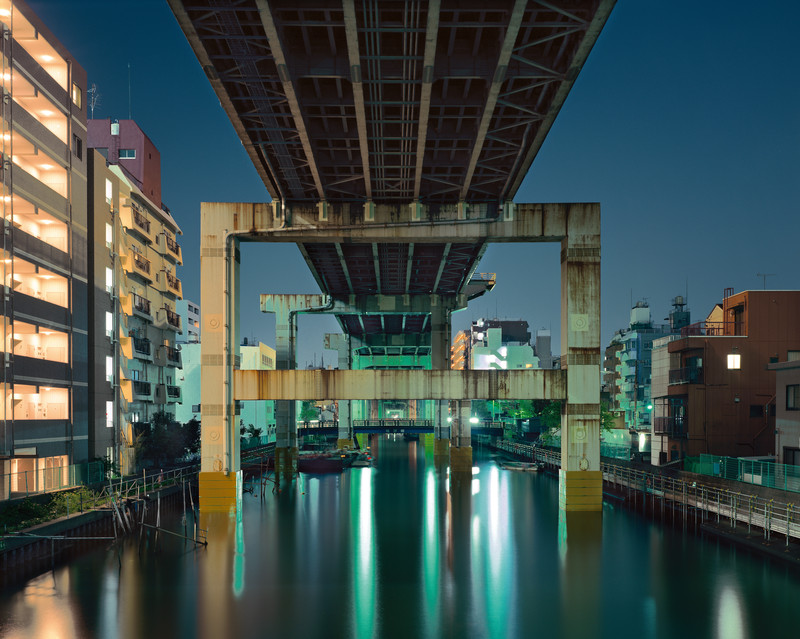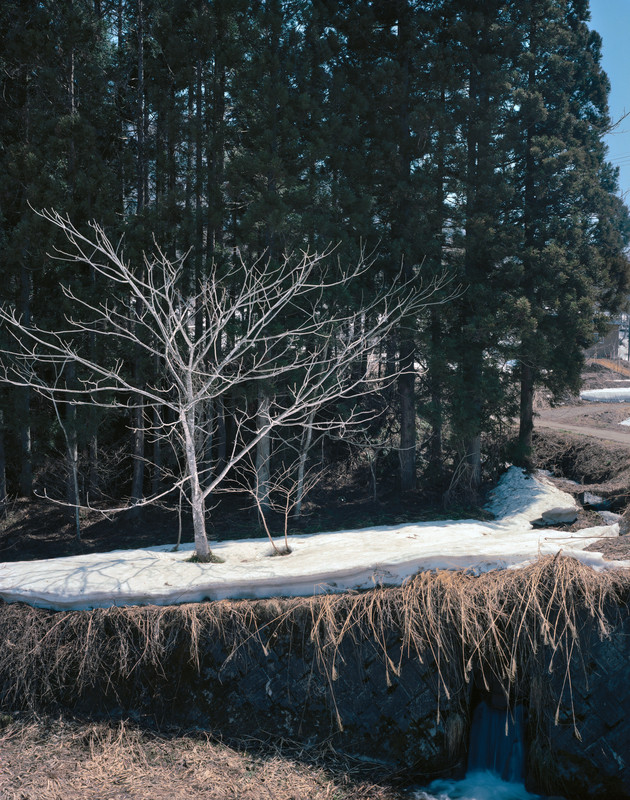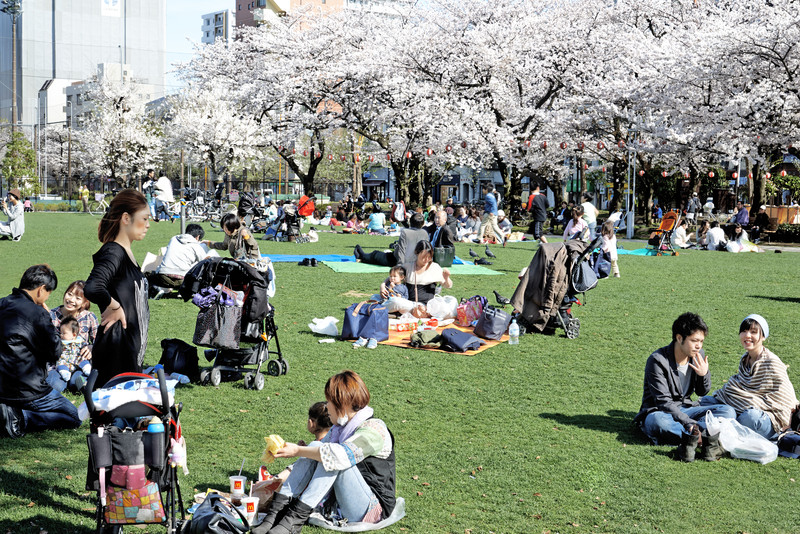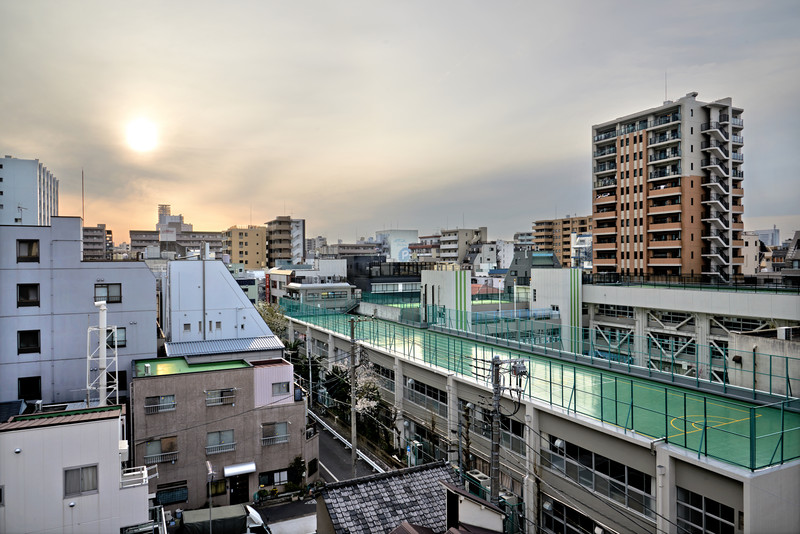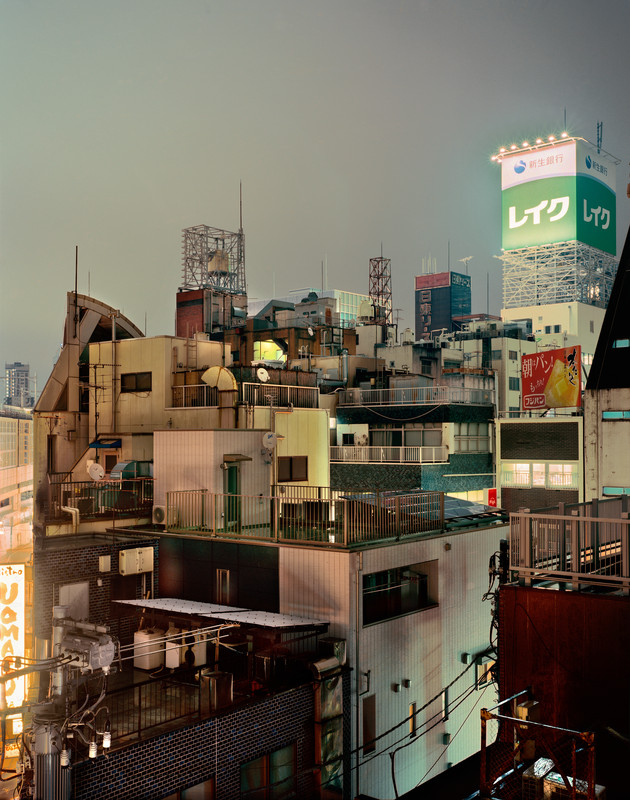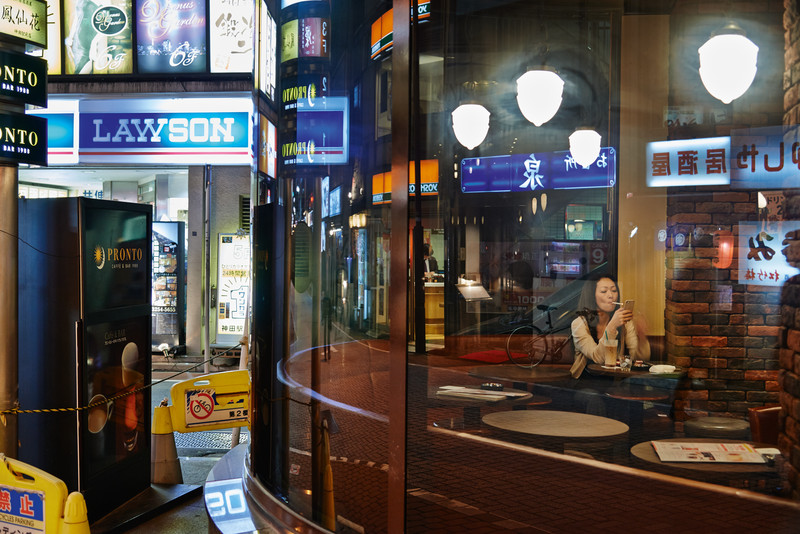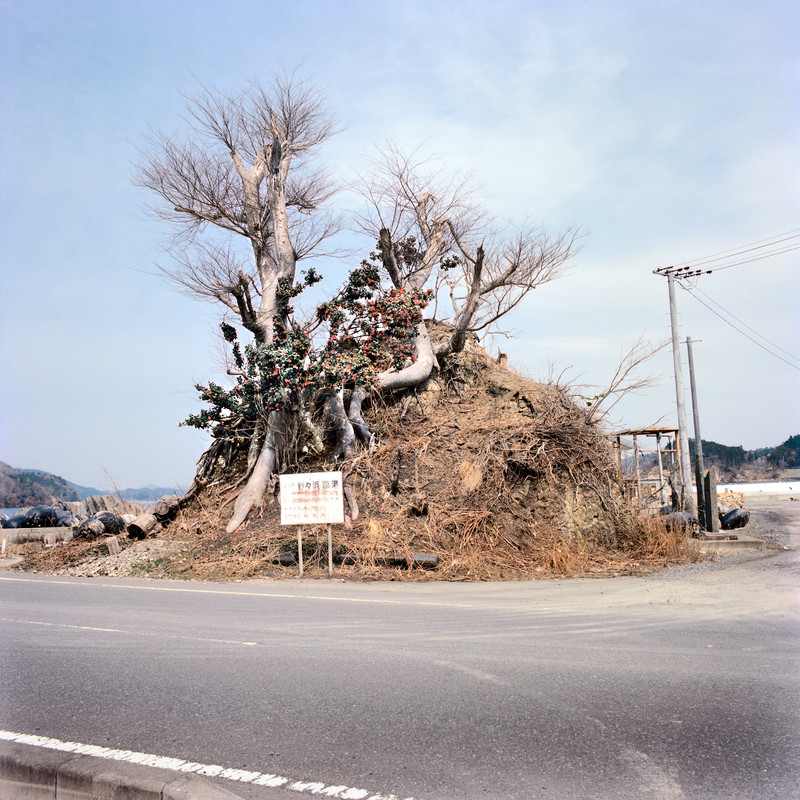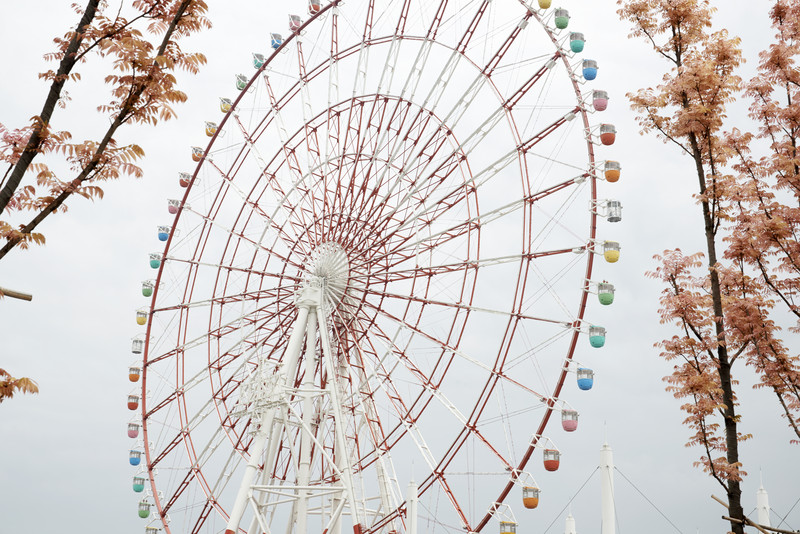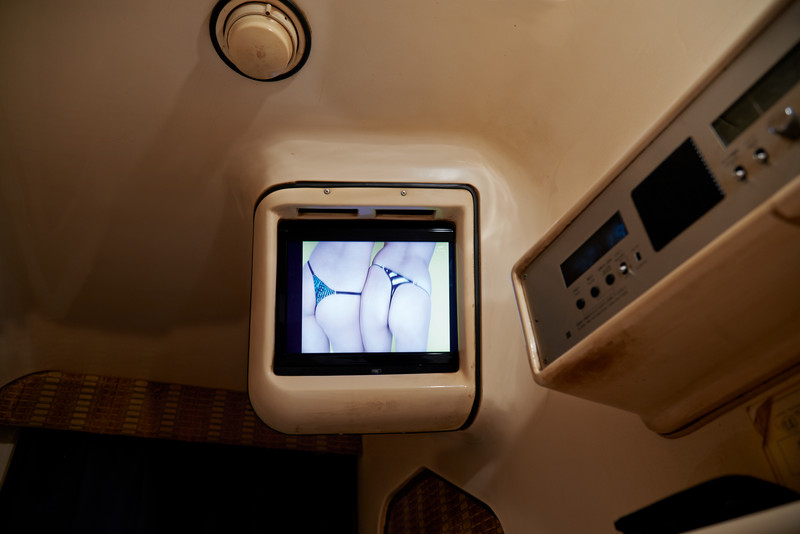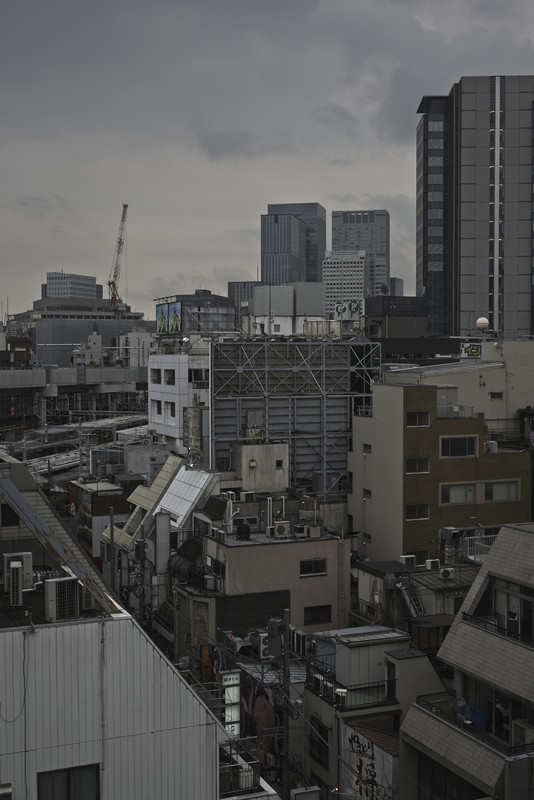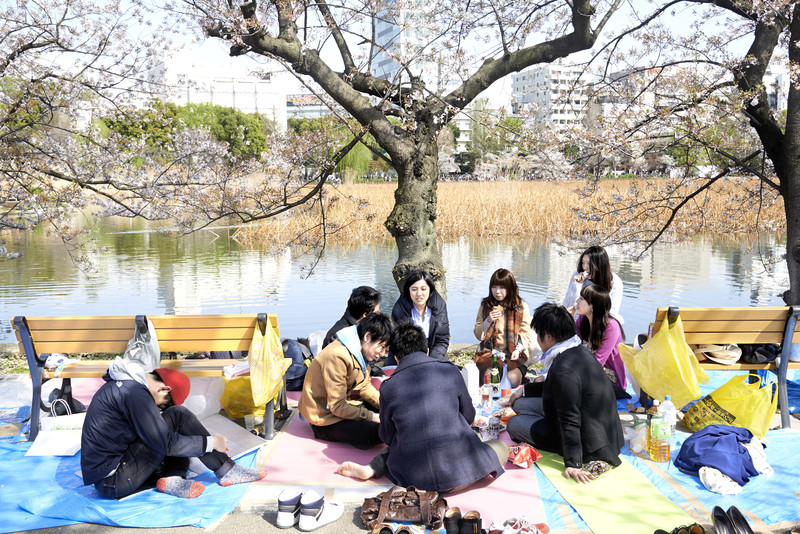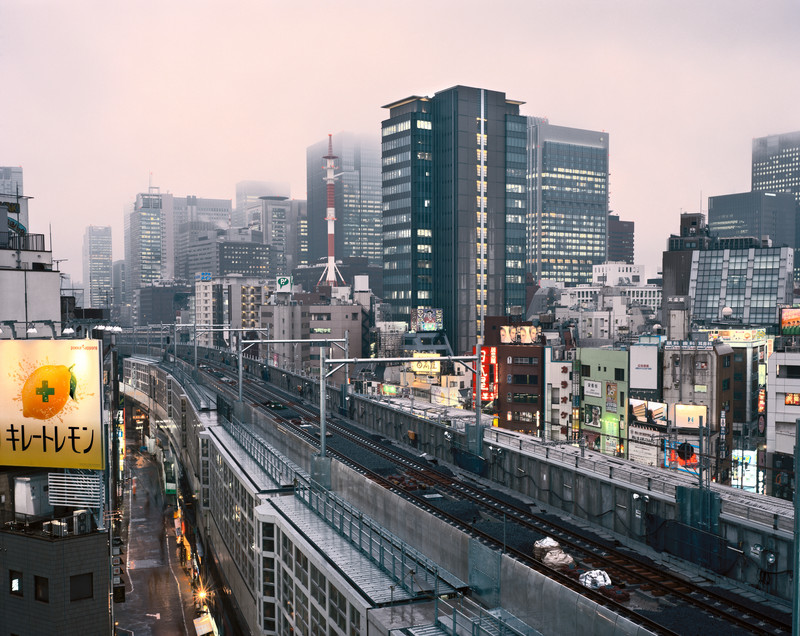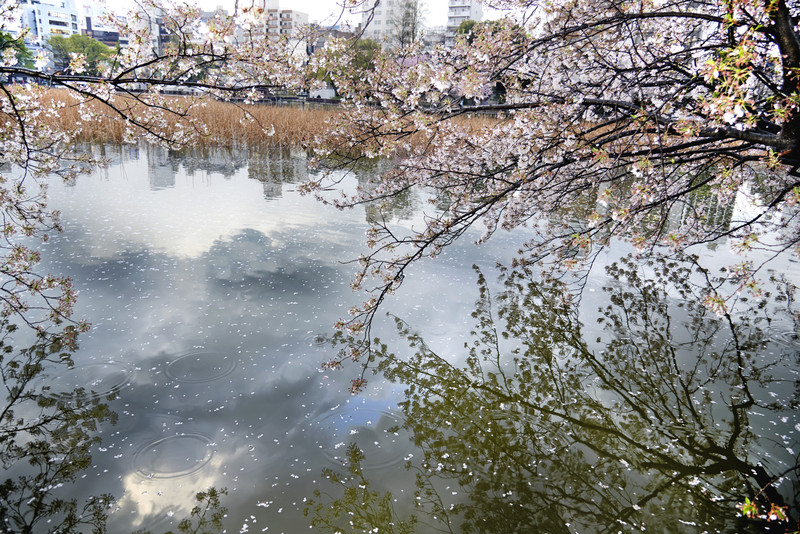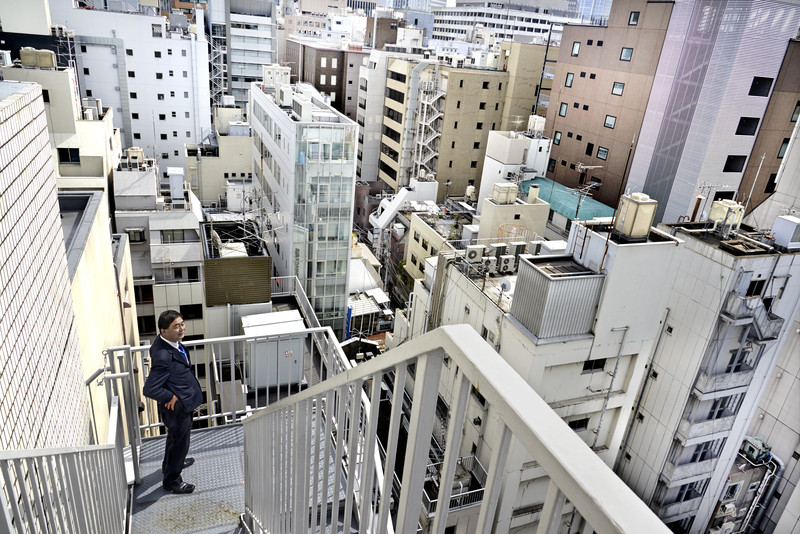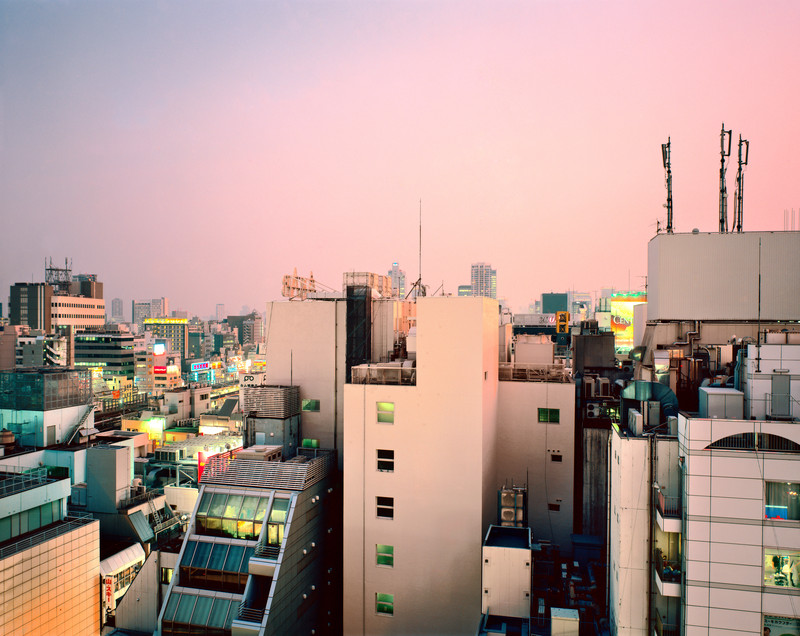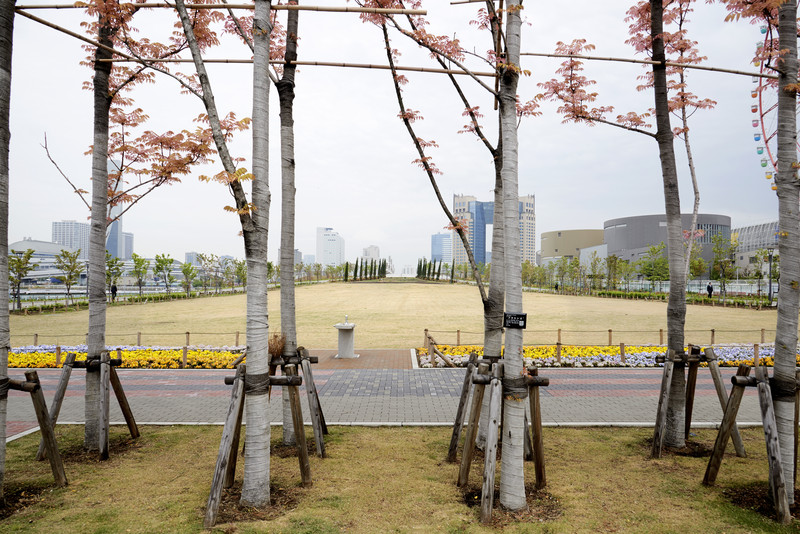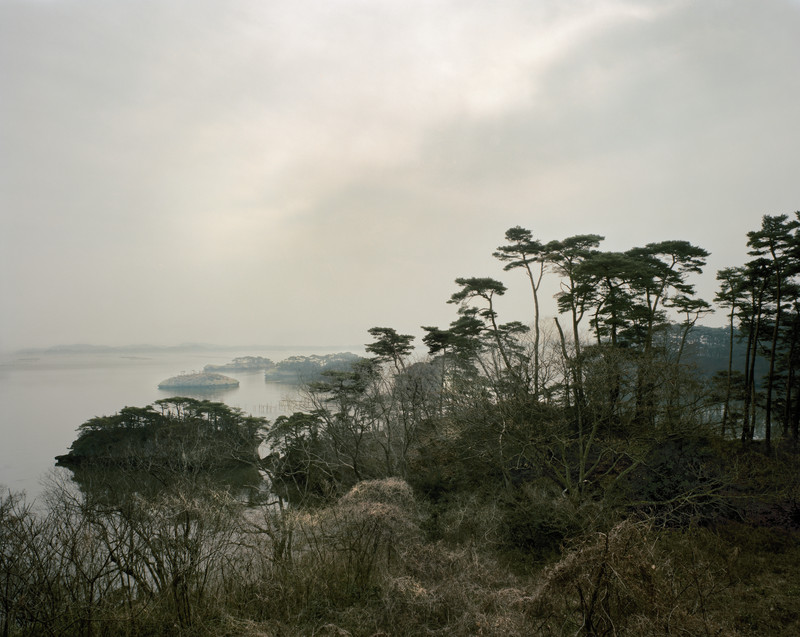You Lovely Swans
© Gergely SzatmariTo be hitting the road, all the time, is rather exhausting but still far better than being stuck. Obstruction is the nightmare of our rapid age. In the reflection of the current social issues one can experience that being held up is traumatic. Yet one can happen to be find oneself in this situation for various reasons. It can happen in the middle of life. But how do we know if we are at the middle of life? What it is supposed to mean to us? Is it just a weird emotion which –if we took it seriously– we need to do something about? If there is a middle of life, does mean some kind of dividing line? If it is a dividing line then why it is exactly in the middle?
The middle of life can be described in a simple mathematical sense as a division point on the presumed human lifetime line. But this is probably not the best approach. It is rather a state reached when the important things have already happened in our life, along with a disillusion felt regarding unaccomplished childhood goals. The sense of the middle of life perhaps is a kind of recognition of pressure of rejuvenation.
But how shall we go further?
Historically the European mind occasionally gets distracted by the East: its different signs, special forms, foreign nature and qualities. The call of distance, the attraction of the different is a determinative theme and an organising principle of a euro-centric world. The thirst for the knowing of the different is part of the European identity. Why Japan? I believe I just wanted to go there to enjoy the beginning of the particular Japanese spring and to absorb its advantages.
But Japan is not an easy place to be. You cannot just live for your dreams over there because its reality is much tougher. Everywhere dichotomies can be found, in the cities, the countryside and objects that are haunted by the tension of a penetrative contrast. In between these dominant influences people appear in an isolated manner. I felt extremely lonely between winter and spring.
I could collect fragments only. Through fragments of portraits, landscapes, cityscapes I was trying to express the complexity and beauty of this transition. In my understanding this kind of ’dividing line’ stands for a transit where we are not, anymore, what we used to be, and where we are not yet what we were going to be once. I wanted to capture this in between state which now seems as melancholic as it is desirous.
click to view the complete set of images in the archive

